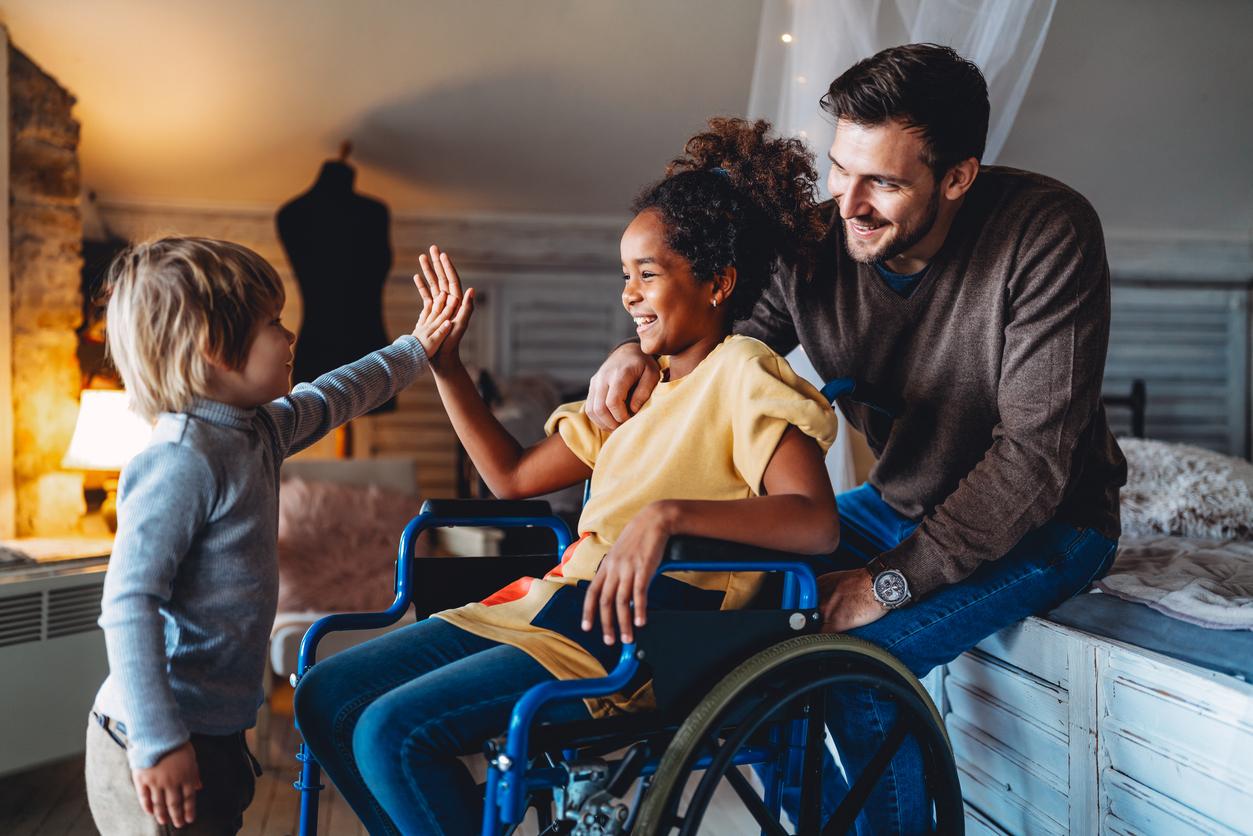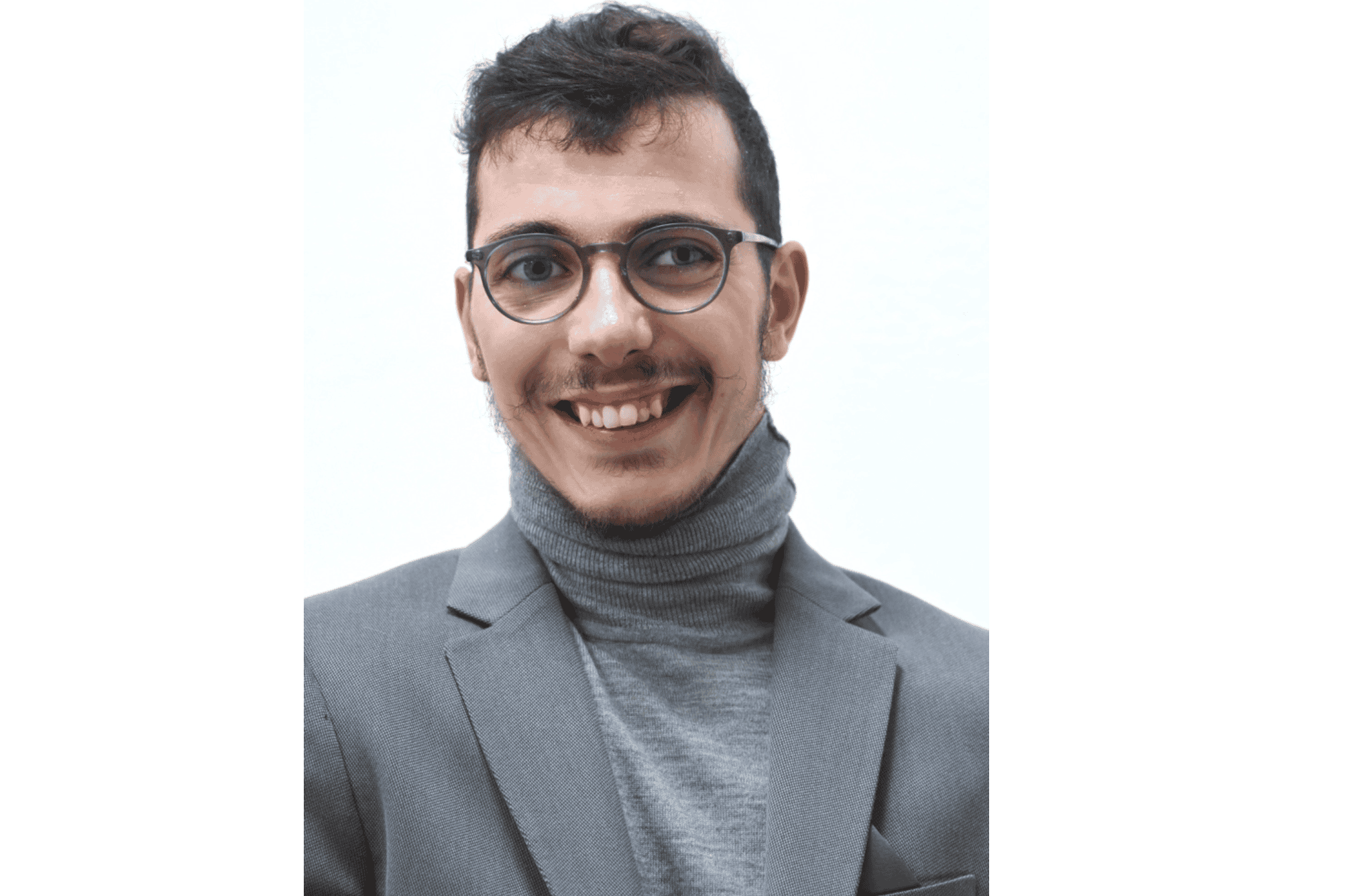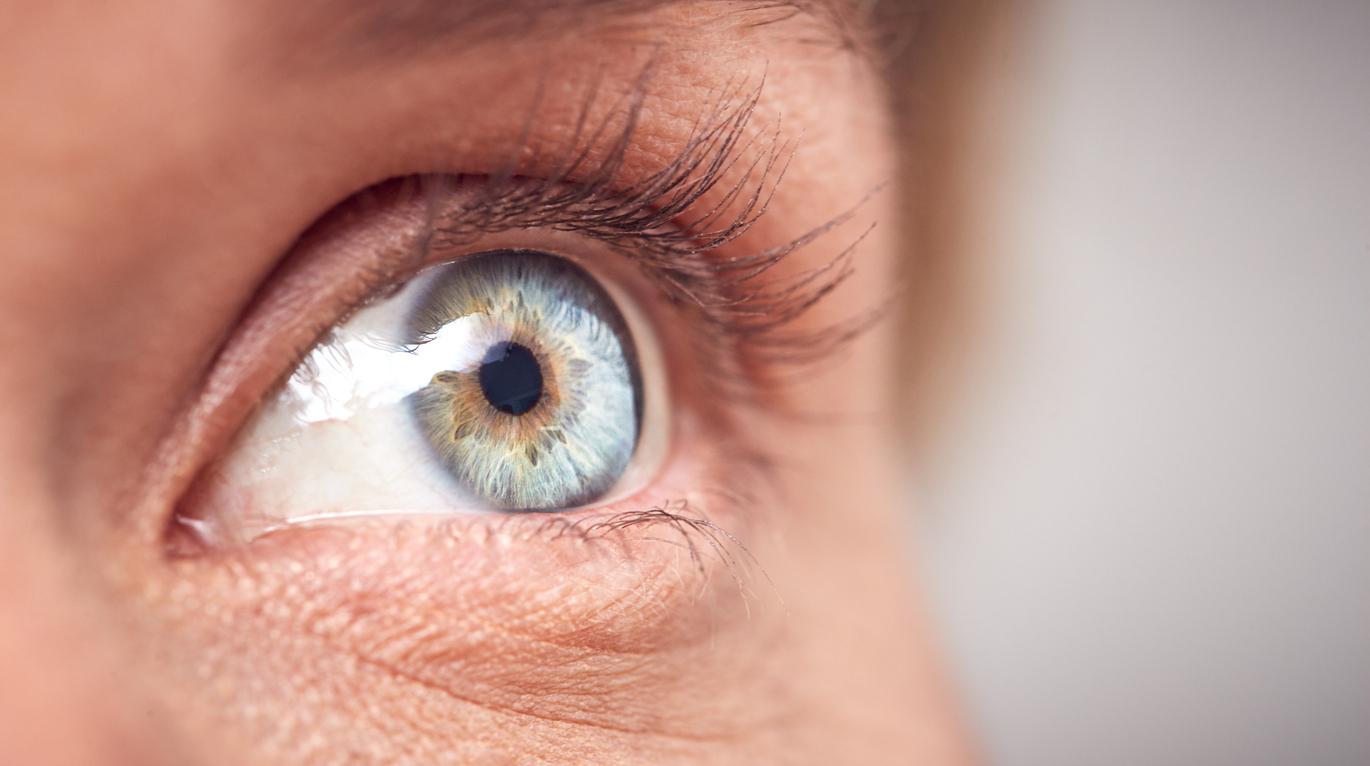From an early age, Judith presents, from time to time, a diurnal drowsiness, but it is only in college that the young woman receives a diagnosis of narcolepsy. The patient tells us how she went through her schooling with this invisible handicap.

- At the start of his adolescence, Judith received a diagnosis of type 1 narcolepsy which concerns approximately one in 5,000, or 0.02 % of the general population.
- In young patients, this rare chronic disease manifests itself by diurnal drowsiness, memory disorders, dizziness, intense fatigue, insomnia and difficulties in getting up in the morning.
- After taking treatment for eight years, she stopped it due to several side effects, such as irritability, nervousness, higher sensitivity, headache or diarrhea.
“Since I was little, I have an ability to fall asleep everywhere easily. It doesn’t, my parents and I have never put the chip in my ear”, recalls Judith, now aged 21, who discovered at the start of her adolescence that she was suffering from narcolepsy, more precisely type 1, because “There are several types”. In the case of this rare chronic disease which concerns approximately one in 5,000, or 0.02 % of the general population according to Insermcentral hypersomnolence occurs and is characterized by a night’s sleep of normal duration but of poor quality, with multiple awakenings during the night, excessive daytime sleepiness and irrepressible sleeping which can occur at any time of the day, even in full activity.
Narcolepsy: “Every morning, I need 30 minutes at an hour” to get up
“In college, I still lived in the countryside near Nantes, I had to take the bus to go there. With each trip, I missed my stop, because I fell asleep. I was putting that on the account of the lack Sleeping, because I slept late at night. I generally felt rebosted and full energy. His micro-sests were not well perceived. “Even if I was a studious student, it became more and more complicated to take lessons. Students and teachers often made me reflections. Teachers thought I was not sleeping, because I was in front of screens all The night. Confides the young woman, whose drowsiness was also increasingly accompanied by memory disorders, dizziness, intense fatigue and insomnia. “Every morning, I had difficulty getting up, I needed 30 minutes to do it. I didn’t understand what happened to me.”
Faced with his symptoms, his worried mother and father decide to consult a general practitioner who oriented them towards a neurologist. “For three days, I did tests to examine my sleep. The healthcare professional filmed me while I had electrodes placed on my skull and that I slept. At the end of these exams, I I received a diagnosis of narcolepsy, whose cause is not known. explains the young graduate of a license in social and family economy. To treat narcolepsy, the specialist prescribed “Modafinil”, a psychostimulant “Who helps regulate the brain to sleep better in the evening and stay awake during the day”.
Its narcolepsy is “disabling on a daily basis” but not recognized by the MDPH
Although she takes this medication for about eight years, she always presents diurnal sleepiness. “In high school and in BTS, I informed my teachers. Unfortunately, no development has been put in place so that I could not miss the courses, because, despite the multiple requests, my illness, at least its degree, is not recognized by the departmental house for people with disabilities (MDPH). Why did I never say that I had my classmates I have reached, I did not want to debate on the many received ideas, for example some think that I can fall asleep on order, or be treated in a way. “ Judith made the same choice when he was alternating before graduation. “I know that my pathology can prejudice me. Thus, to avoid any reflection of my superiors, I have never mentioned my narcolepsy.”
Since arriving in the Paris region for her higher education, the patient has interrupted her treatment. “I took several tablets per day, I had too large side effects, such as irritability, nervousness, higher sensitivity, headache or even diarrhea. More with my parents, I no longer felt forced to take this medication, so I stopped. I can’t afford to get it “, explains the twenty-year-old who has an appointment with her neurologist every year.
Despite her handicapping symptoms, the young woman tries to fully enjoy her life. “Contrary to what one might think, narcolepsy does not compromise my social life. It is true that sometimes it can be annoying, for example when I fall asleep in a nightclub, but I anticipate and I warn My friends. On a daily basis, she tries to organize herself as well as possible. “After eaten at noon, I always reserve myself for a while to take a nap. Over time, I realize that the less I think of my illness, the less I sleep!”










-1739366311.jpg)







